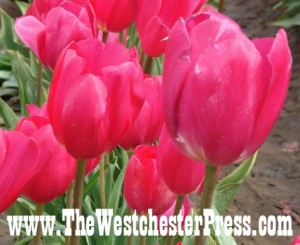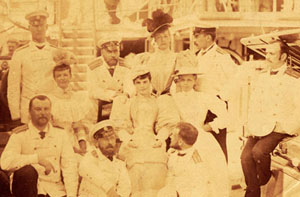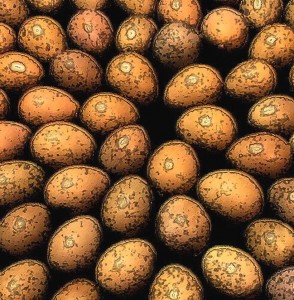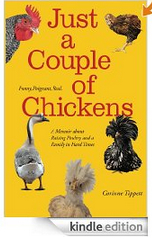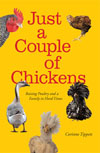Most authors who self publish a book intend to make money selling it. Or at least want to break even on their costs.
As with any business venture, it’s important to define making money… and to measure results.
The cash costs of self publishing are easier to track than the infrastructure and effort. And keeping cash costs to a minimum is one way to get closer to breaking even or making money, but spending the right amount on editing and cover design is important in the same way.
My list of cash costs includes:
- $30 for the ISBN number (it’s about $300 for a pack of 10)
- $35 for copyright registration, filed before I self publish or submit to traditional publishers
- $10 for proof and shipping of a finished hard copy of the book (this doesn’t count for an ebook)
- $15 for a domain name (per year) for a website for my book. (I can make the website on a free site, but the domain is a yearly fee)
- $50 for my assumed business name (business license fee)
My list of infrastructure and effort costs includes:
- the internet and computer I use to write and produce the book
- the skills I’ve learned to do book design, website design, book marketing, and self publishing
- the space, furniture, utilities, and supplies I’ve used while working on the project
- the time… my time… so. much. time…
And I can’t assign a dollar value to the second list. So once my book earnings top my cash outlay, at what point do I declare that I’m making money with my self published book? Especially since I complicated my bottom line by paying for a professional cover and making a third short print run. Because I do count the second list as having a cash value… particularly due to the skills I’ve learned, since I’ve used them to get jobs to support my self publishing aspirations.
I track the costs, and I consider the effort… and I define making money as first earning back my cash outlay, and then earning money toward the infrastructure costs. And I value all the additional things that self publishing a book has brought into my life.

